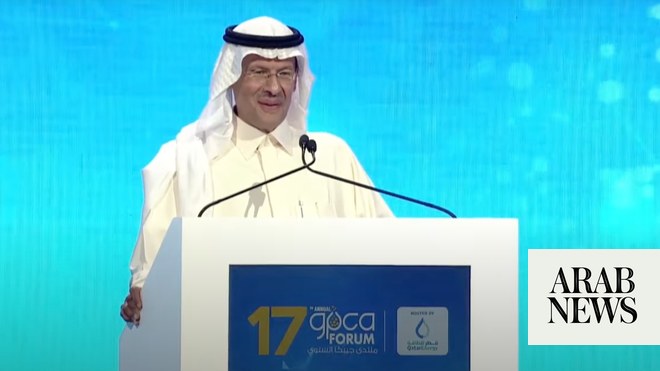
More than 30 energy experts gathered in the King Abdullah Petroleum Studies and Research Center (KAPSARC) to discuss how oil producers can thrive through a low carbon energy transition on Tuesday.
The objective of the workshop was to develop effective strategies for decreasing the economic impacts on fossil fuel suppliers after implementing decarbonization policies aimed at avoiding future climate change, KAPSARC’s VP of Research David Hobbs said.
He said that the workshop will help decision-makers learn from previous global energy transitions and develop approaches to face the challenges they raise.
In his speech at the workshop, Dr. Ibrahim Al-Muhanna, Vice Chairman of the World Energy Council, predicted that global oil demand will increase by more than 20 million barrels per day(mbd) by 2050, to amount to around 120 mbd, assuming that demand growth will slow after 15 years and disturbances will occur between 2030 and 2040.
He talked about the future of oil and identified three factors that could affect the direction of petroleum markets. These are the risk of a major global economic crisis, lack of cooperation and coordination among major oil-producing countries and prices that distort investments by being too high or too low.
With the launch of Vision 2030 and the National Transformation Program (NTP) 2020, Saudi Arabia has tried to reduce reliance on oil as a source of government income and expand its other sectors, such as tourism, services, advanced technology and both heavy and light industries.
Participants included officials from the Saudi Ministry of Energy, Industry and Mineral Resources (MEIM), OPEC, Mubadala Energy, International Energy Forum (IEF), Arab Petroleum Investments Corporation (Apicorp), Columbia Universit and McKinsey & Co.










